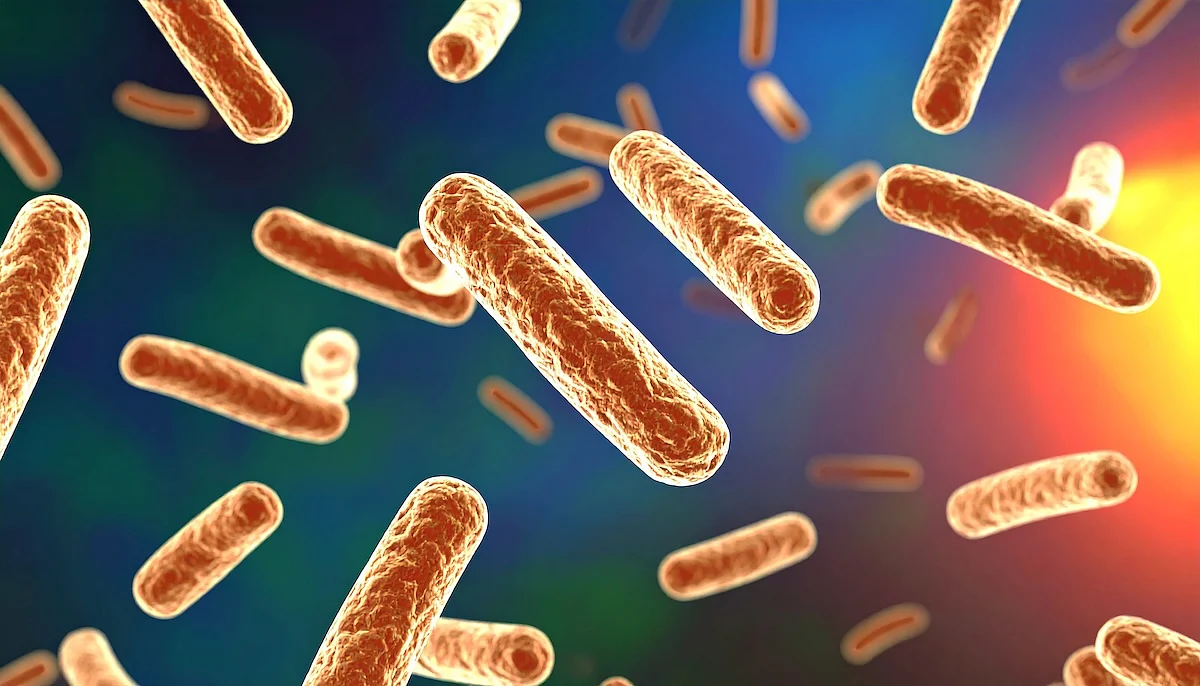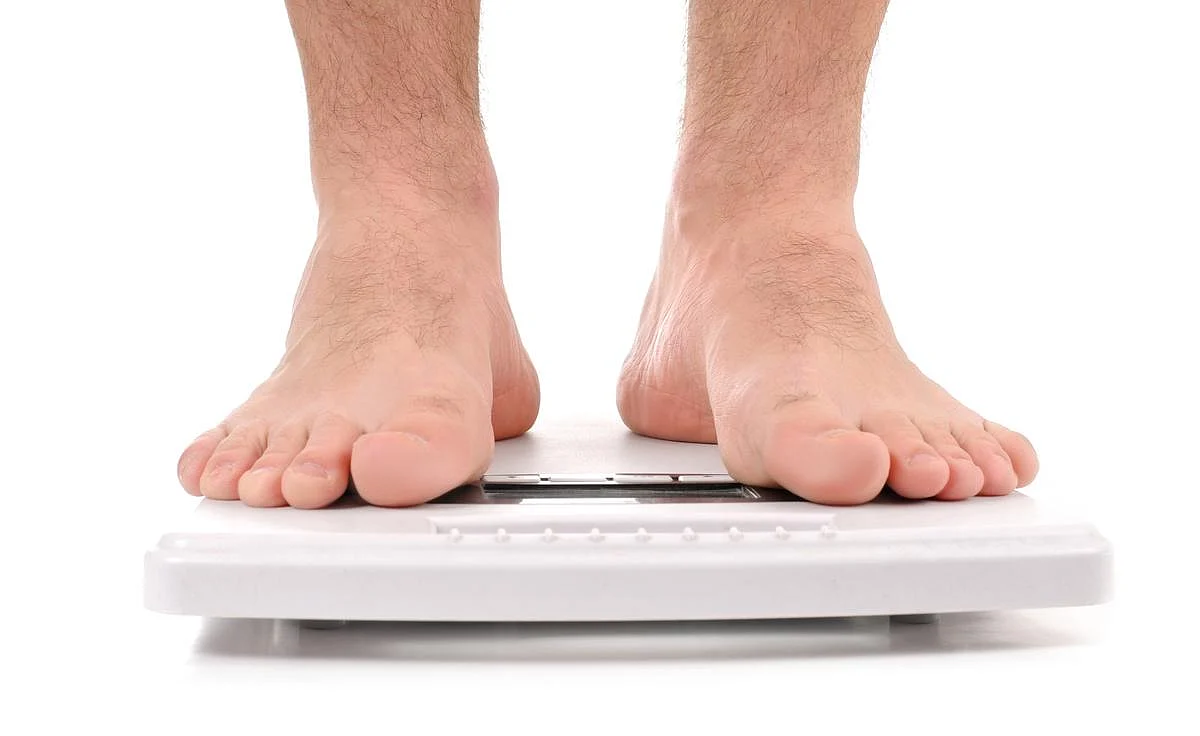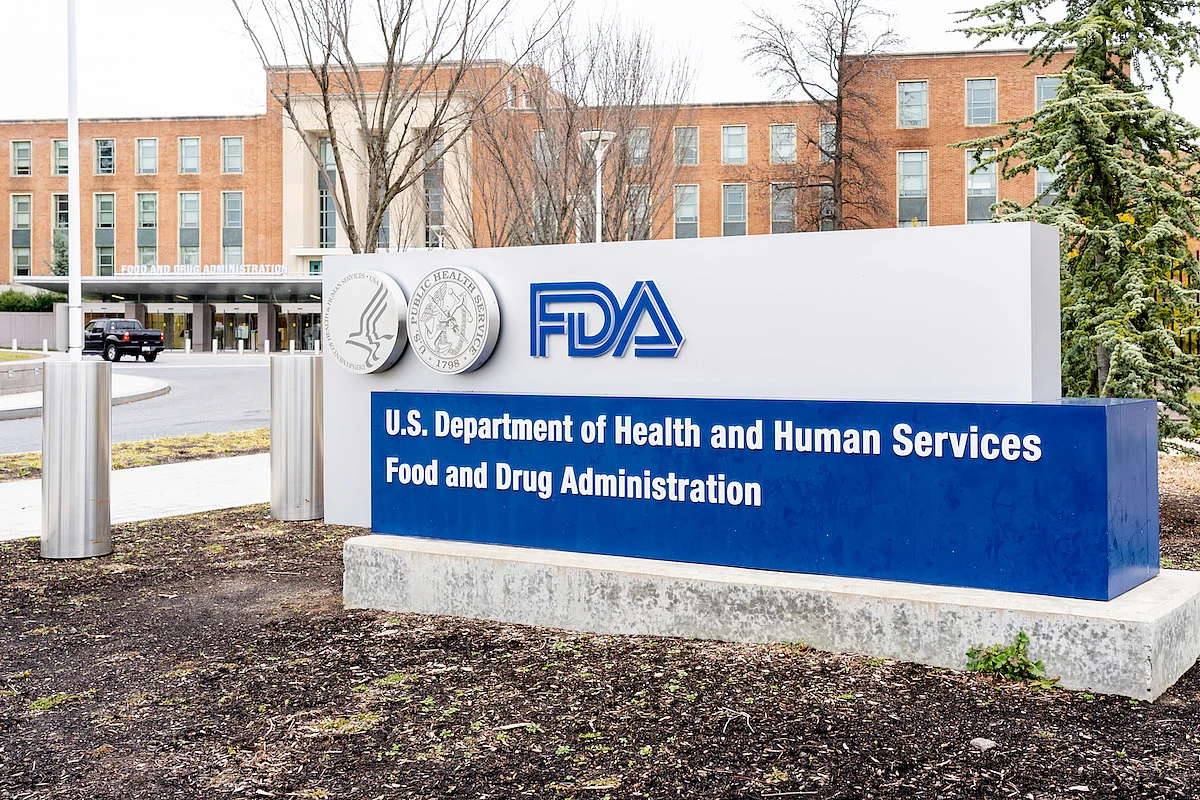
A Legionnaires’ disease outbreak in New York City has infected 67 people and caused three deaths, health officials say. The cases have been reported in Central Harlem. Officials believe the source of the outbreak is cooling towers on nearby buildings, according to the New York City Department of Health and Mental Hygiene. Cooling towers are… read on > read on >






























